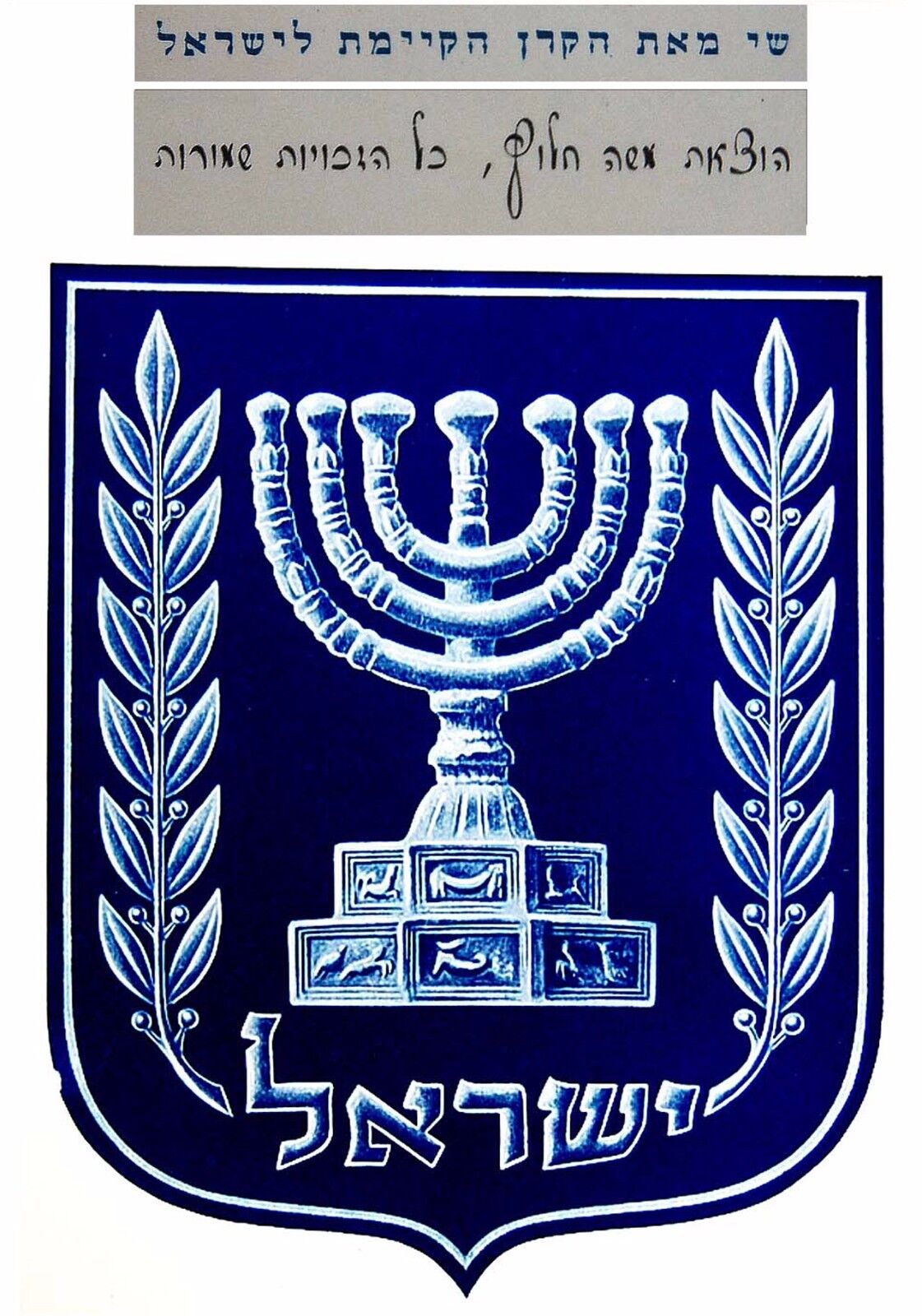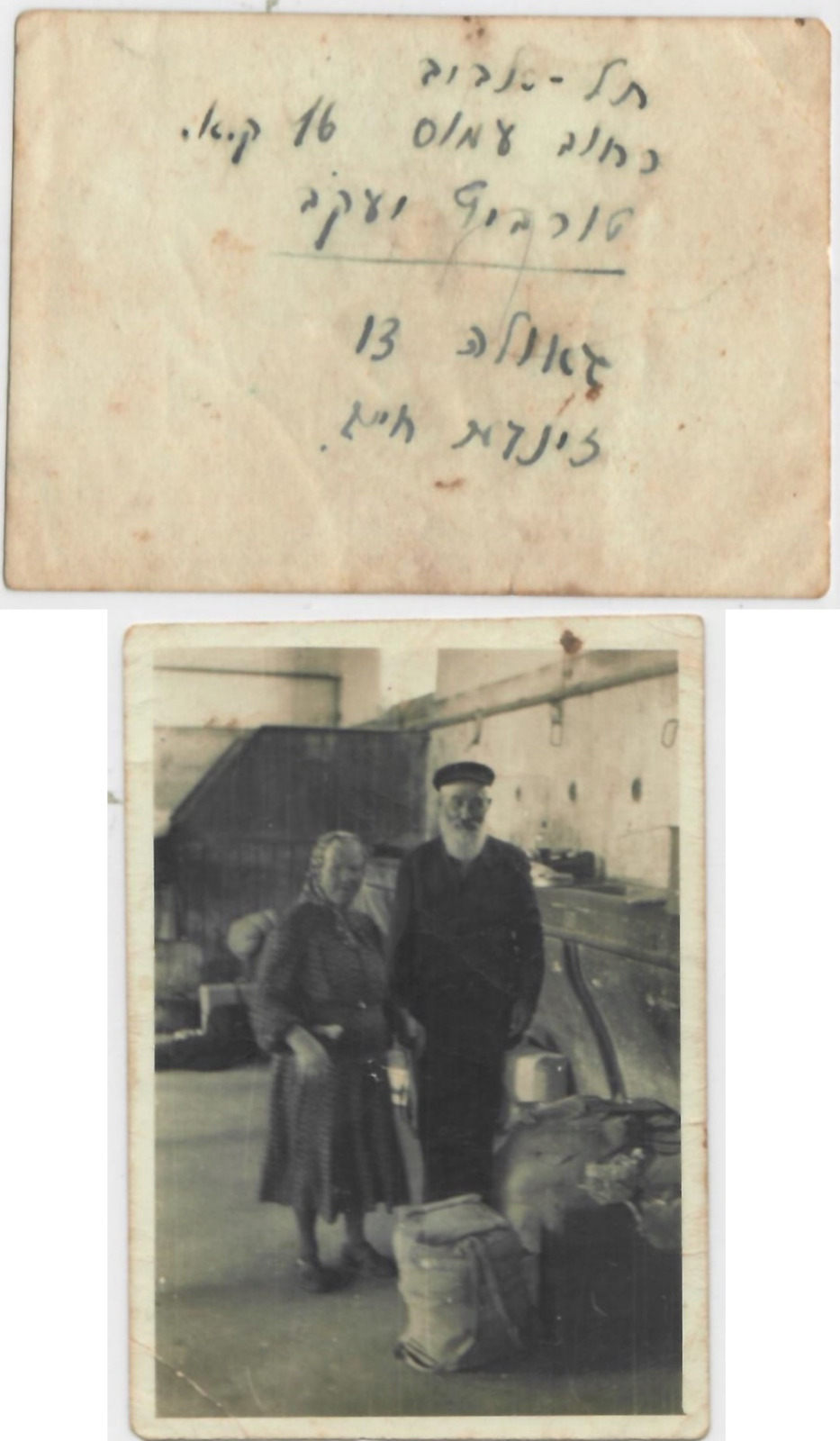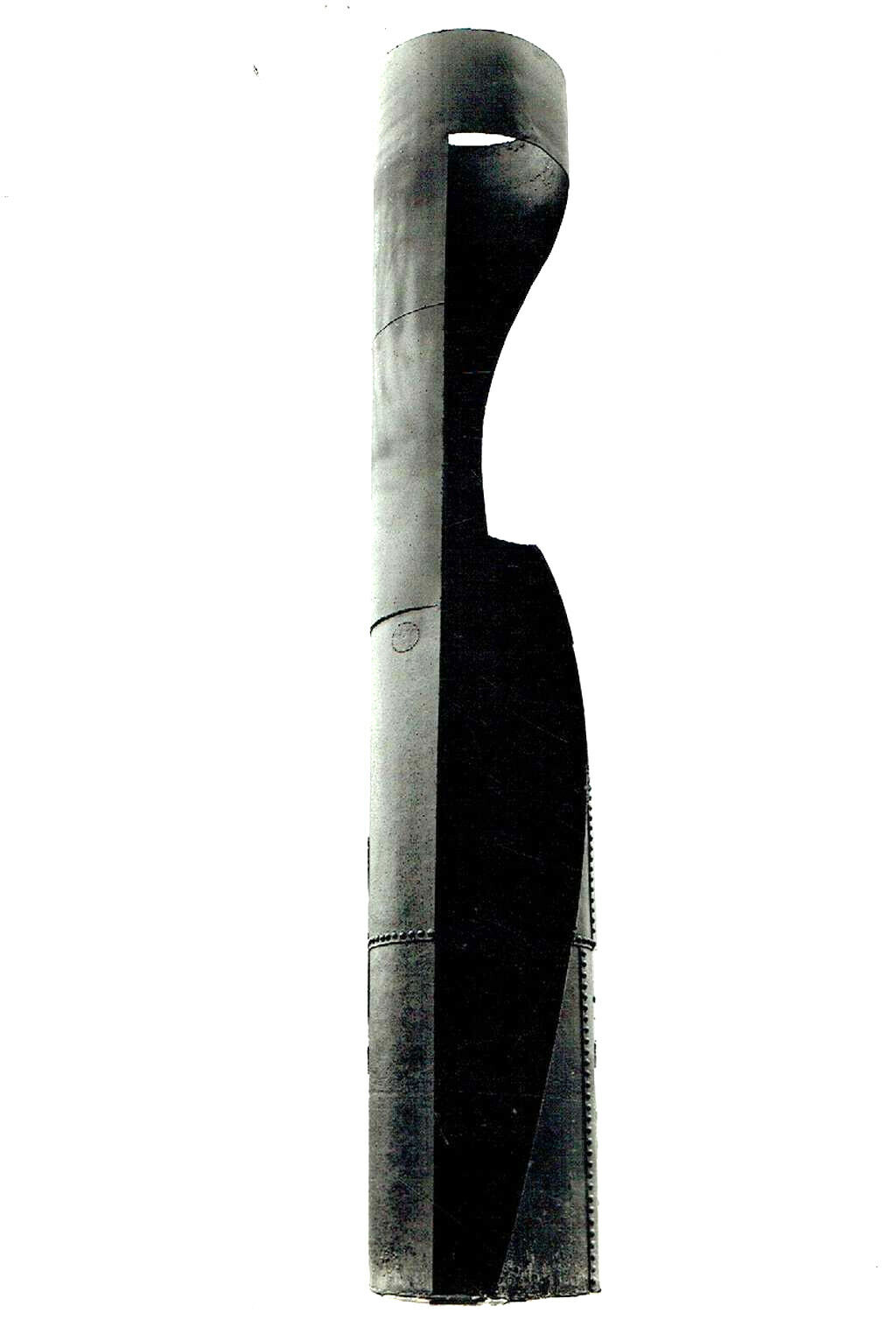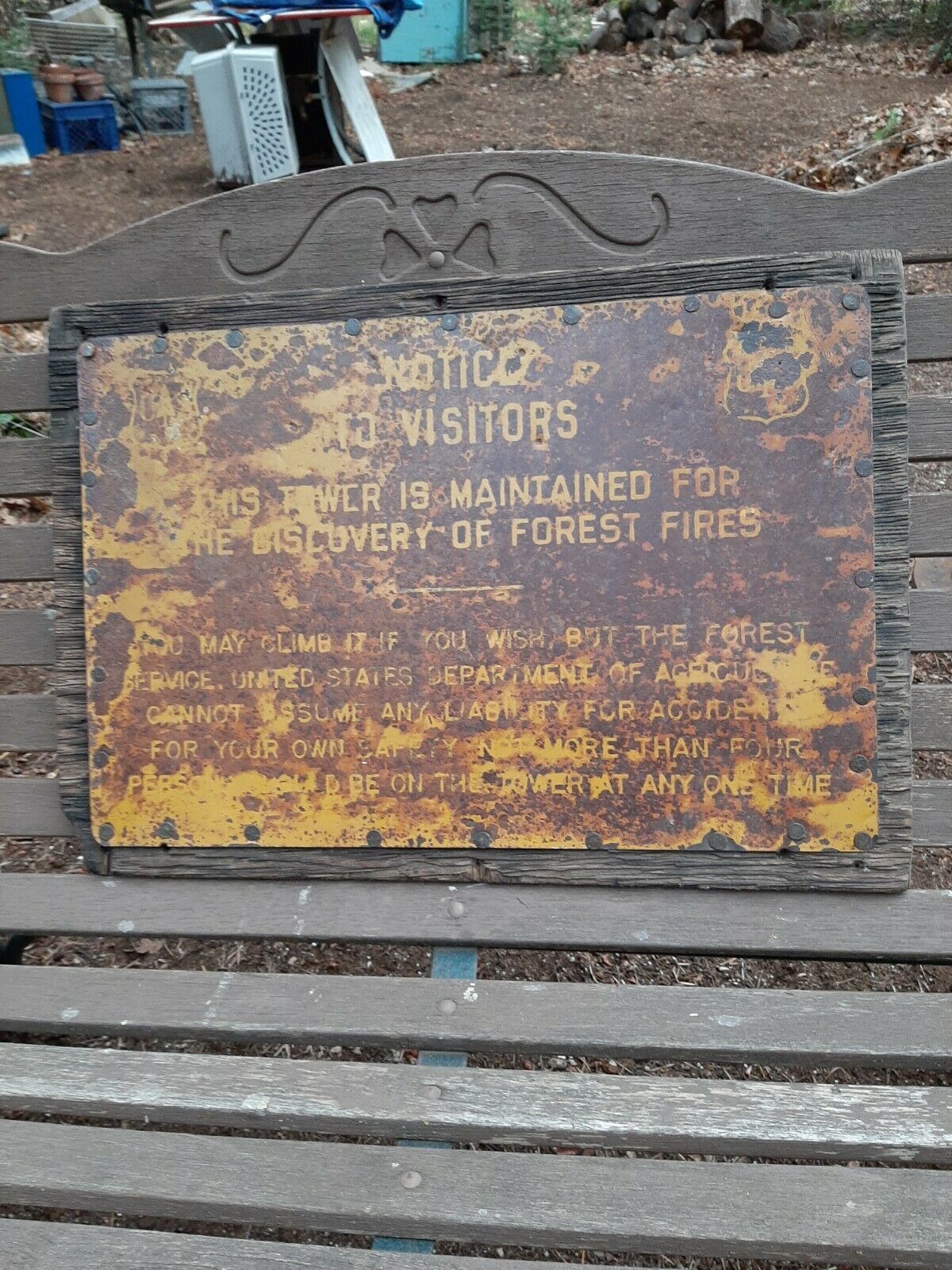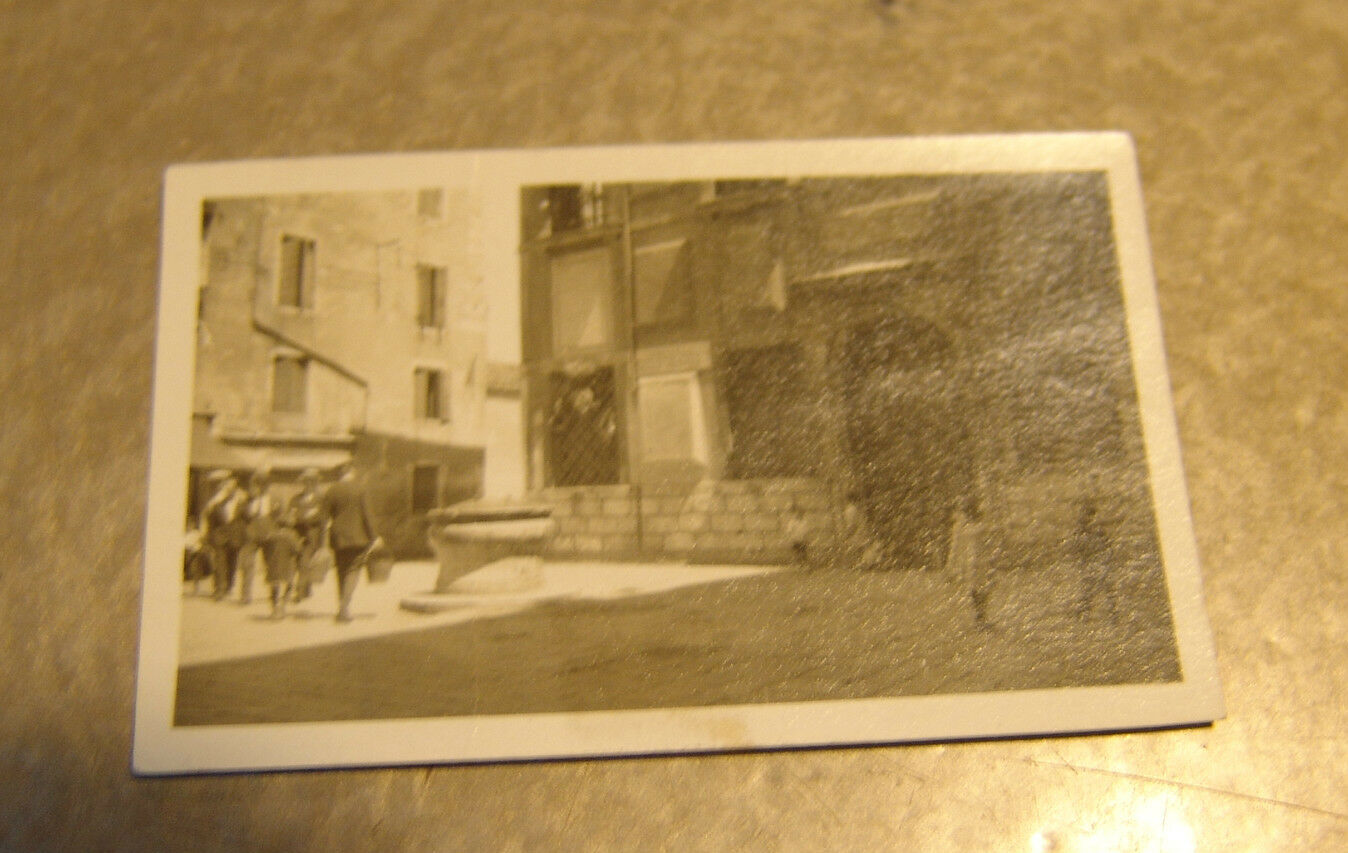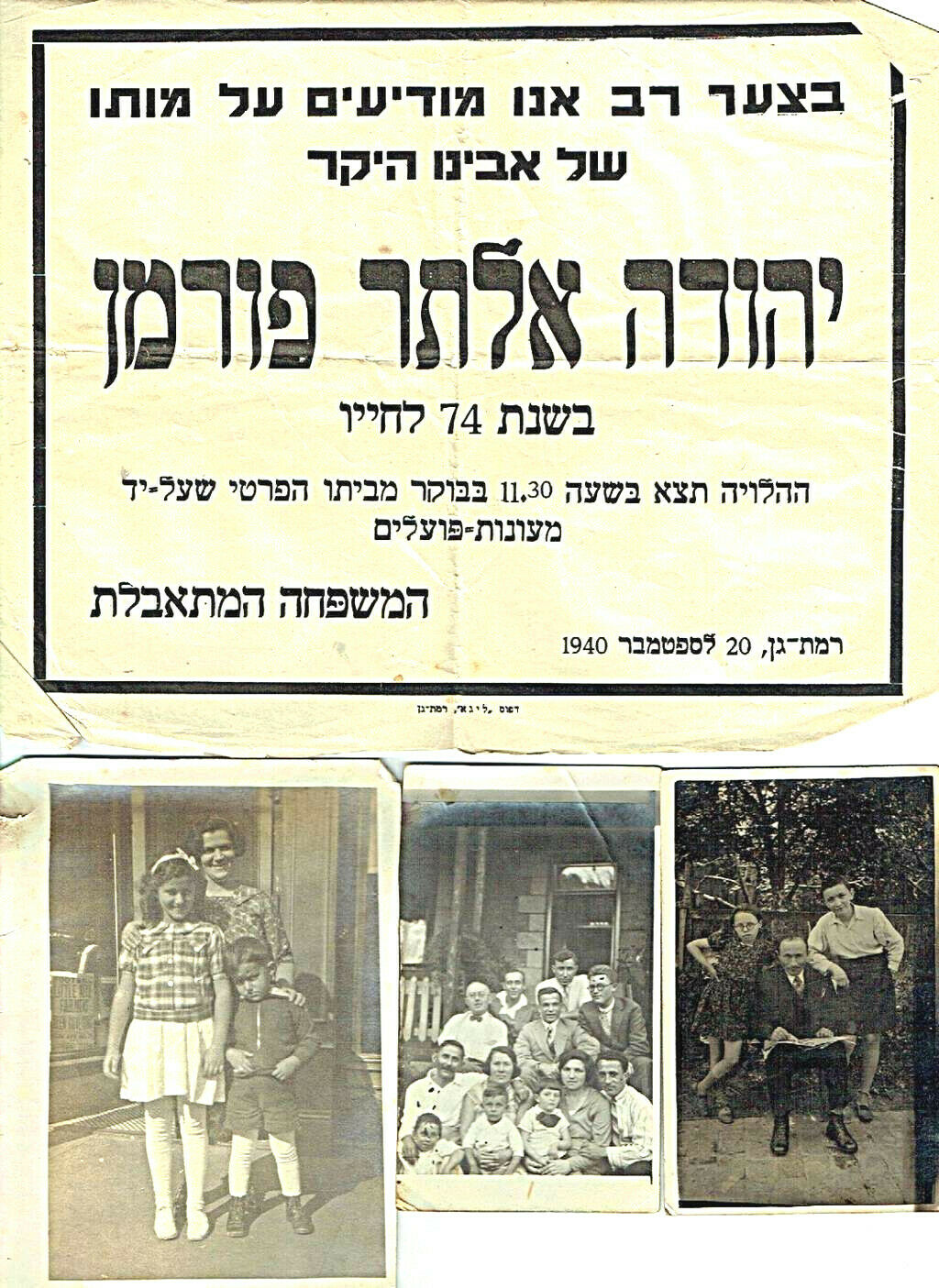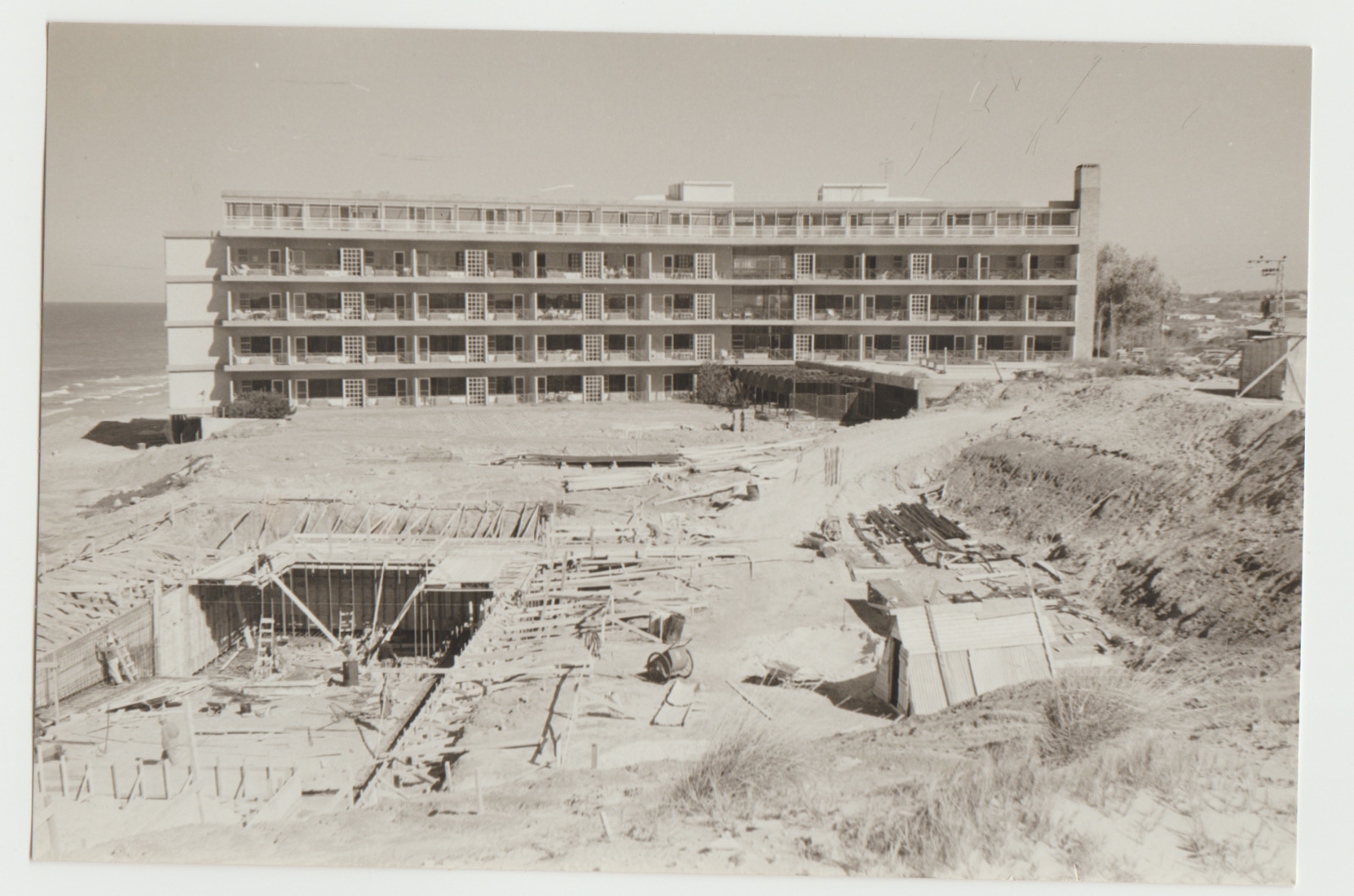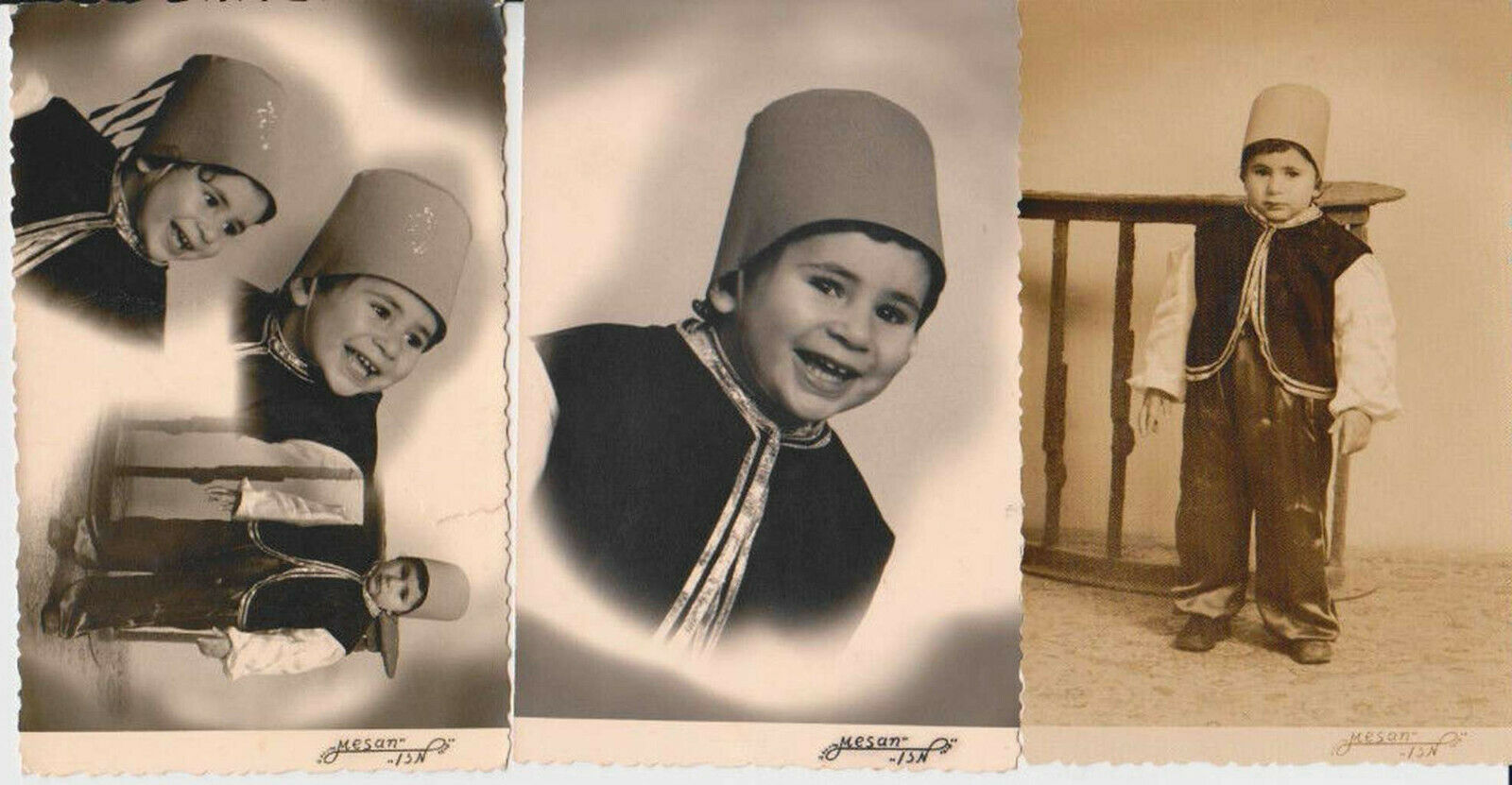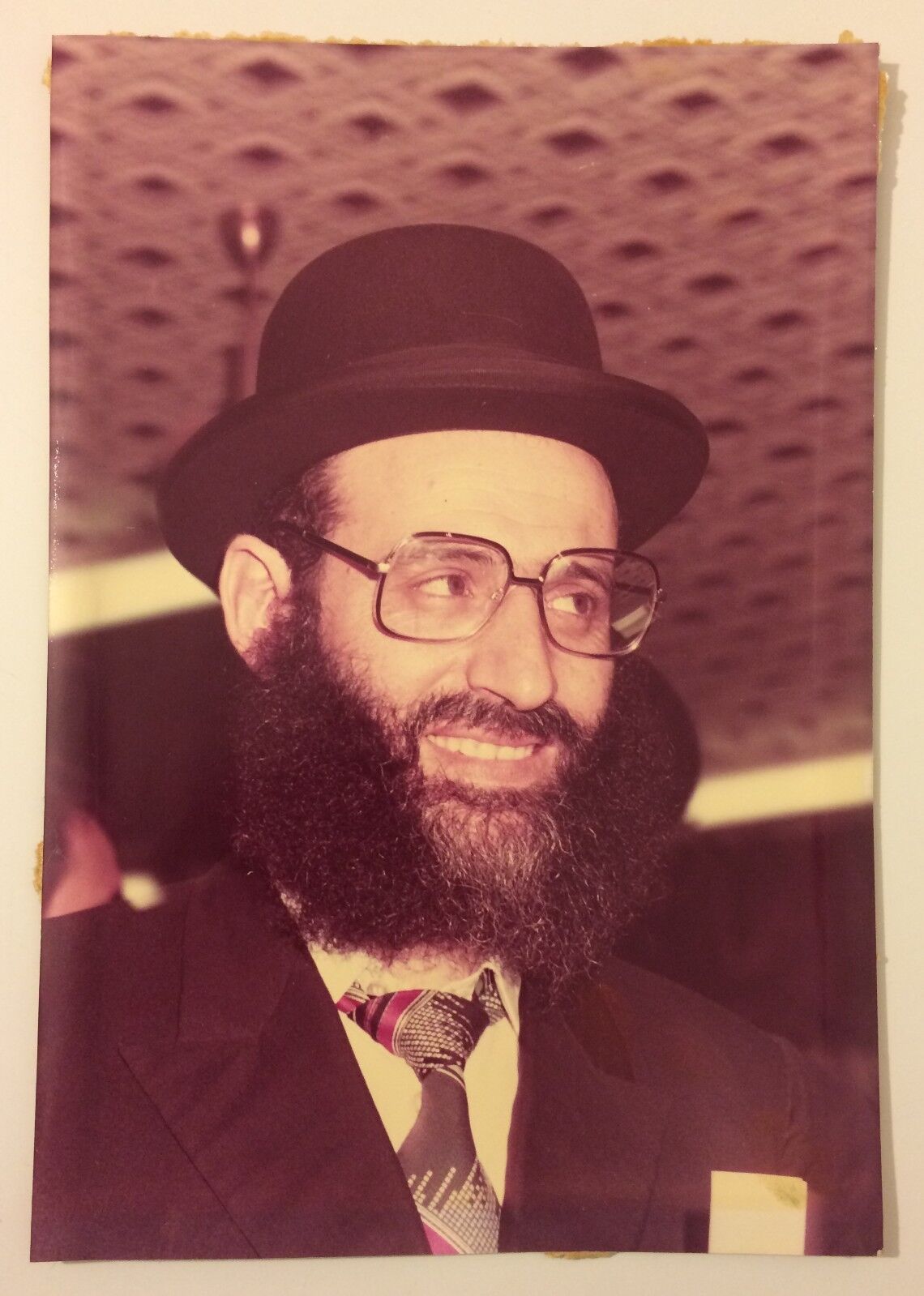-40%
1940 MENORAH Vintage ISRAEL State POSTER EMBLEM JUDAICA Jewish SIGN Hebrew RARE
$ 25.87
- Description
- Size Guide
Description
DESCRIPTION:
Here for sale is an ORIGINAL POSTER or SIGN being the ORIGINAL and OFFICIAL Menorah EMBLEM of the INDEPENDENT STATE of ISRAEL , Which was published in the late 1940's up to the early 1960's by the MAIN publishing house of POSTERS and POSTCARDS at the time " MOSHE CHALUTZ LTD" , Moshe Chalutz hand written LOGO on verso is also an accurate indication to the publishing period of this POSTER. The POSTER was distributed by the JNF ( Jewish National Fund ) - KKL ( Keren Kayemet Le'Israel ) in the late 1940's up to the early 1960's after the establishment of the INDEPENDENT STATE of ISRAEL and its 1948 WAR OF INDEPENDENCE . to commemorate and decorate the DAY OF INDEPENDENCE of the STATE of
ISRAEL. The EMBLEM consists on an ancient - Antique typical Jewish MENORAH of seven canes between 2 symbolic brances of OLIVE TREE
( Sign for peace ) and the writing "ISRAEL" .
Also Hebrew text " A GIFT FROM THE KEREN KAYEMET LE'ISRAEL" .
Very thin cardboard .
Suitable for immediate framing or display . (
An excellent framin
g - Buyer's choice is possible for extra $ 45
).
9.5" x 13"
.
Excellent PRISTINE conditi
on.
( Please look at scan for actual AS images )
Poster will be sent either rolled in a special protective rigid sealed tube or flat , Protected by rigid plates .
REMARK
: This is one 100% guaranteed ORIGINAL 1940's - 50's POSTER. Not a repro or a recent printing.
PAYMENTS
:
Payment method accepted : Paypal
& All credit cards
.
SHIPPING
:
Shipp worldwide via registered airmail is $ 25 . ( Domestic in Israel only with buy it now ). Poster will be sent either rolled in a special protective rigid sealed tube or flat , Protected by rigid plates .
Handling around 5 days after payment.
The EMBLEM DESIGN by graphic artists Oteh Walisch and W. Struski was chosen out of 450 designs submitted by 164 participants. The seven branched-candelabrum of the Temple - the menorah - occupies the center of the Walisch and Struski seal. The candelabrum is undoubtedly the oldest Jewish symbol. It has no parallel in heraldry and produces an immediate association with the subject it represents - the Temple in Jerusalem. The EMBLEM DESIGN PROCESS - In the process of designing the emblem, many proposals which sought to include the symbols deemed appropriate for representing the Jewish people in their reborn state were reviewed. To avoid imitating the emblems of European countries and to create a unique one, ancient visual symbols from former periods of Jewish sovereignty were sought. Much importance was attached to symbolizing the continuity and fulfillment of the Zionist dream in the emblem of Israel. Whereas the flag had been created in the Diaspora, by dreamers, the emblem was designed in Israel, by those who had realized the dream. Because it had to incorporate elements of symbolic meaning, the designers felt a heavy sense of mission and responsibility. The design process was long, as two almost antithetical forces tried to dictate the character of the emblem - religious and ritual values, on the one hand - secular and sovereign norms, on the other.
State of Israel Emblem The emblem of the State of Israel is a herald with a seven-branched candelabrum (menorah) in its centre which is flanked by olive branches and at the bottom the word "Israel". There are two main versions of the symbol: One includes the menorah, olive branches and the word "Israel" in gold on a deep blue background. In the other they appear white or silver/grey on a blue background. The first version is mainly used when the state symbol is displayed by itself. The second version is used on the President’s banner or when the symbol appears on small flags and buntings. On documents the symbol is often displayed in black and white (the menorah and other elements in white on black background). Various institutions display it as a 3D relief with no significant difference between the colours of the elements and the background. The State Emblem was designed by the brothers Gabriel and Maxim Shamir. It was chosen from numerous proposals submitted to the Flag and Emblem Committee established by the Provisional State Council. The committee issued a tender calling on residents of the state to submit designs for a State Emblem. The tender detailed recommendations for elements to be included in the emblem. The committee reserved the right to discuss and review any proposal submitted. The Committee received 450 proposals from 164 people. Three proposals were selected for further consideration: by Wallish and Strotski, by David and Schechter, and by the Shamir Brothers. The Wallish and Strotski proposal included a shield divided into two parts – in the largest lower part a seven-branched menorah design appeared in relief similar to the one on the Arch of Titus in Rome and at the top were the seven stars of Herzl. The Proposal by David and Schechter was based on a mosaic from the ancient synagogue in Jericho. The seven-branched menorah depicted in the mosaic stands on three legs (and not on a wide base as the one in the Arch of Titus, see below) on either side were a shofar and a lulav and below the inscription "Peace upon Israel" (from Psalm 125). In David and Schechter’s proposal the menorah appears in a design similar to that in the Jericho synagogue mosaic with Herzl's seven stars surrounding it on three sides. Underneath were an olive branch, an etrog, a lulav and a shofar and the motto: "Peace on Israel". The original proposal by the Shamir Brothers had a shield with a modern schematic design of a seven-branched menorah in its centre. In their proposal Herzl's seven stars were arranged above the menorah in a line with the olive branches on either side. It is possible that the Shamir Brothers were influenced by a quote from the prophet Zechariah (Zechariah, Chapter IV) in which the angel shows the prophet " . . . and behold a candlestick all of gold, with a bowl upon the top of it, and his seven lamps thereon, and seven pipes to the seven lamps, which are upon the top thereof: And two olive trees by it, one upon the right side of the bowl, and the other upon the left side thereof”. Shamir Brothers themselves did not mention in their proposal that the passage of Zechariah inspired their design. However, they did so in an interview given to the newspaper Ma'ariv on 16 February 1949 explaining their work in detail. Consequently, we do not know if it was a coincidence or a deliberate imaginary link. The Committee decided that the Shamir Brothers proposal will form the basis for the state emblem but required some changes to their design. The modern design of the menorah did not seem appropriate to the members of the committee and they preferred the design that appears in the relief on the Arch of Titus. The relief depicts a procession of slaves and soldiers returning to Rome after the Roman victory over Judea and the destruction of the Temple in Jerusalem in 70 AD. The use of the Roman relief was to mark the return of the Menorah to its original home. The use of olive branches was liked by Committee members and was preferred to the use of symbols such as a palm branch, a citron or a ram's horn as they sought to avoid the use of symbols of a religious nature. The inclusion of the olive branch as a symbol of peace seemed preferable to the use of the motto "Peace on Israel” but the committee requested to add the name "Israel" in Hebrew beneath the Menorah. Herzl's seven stars were eventually omitted from the final design. The legal status of the emblem of the State of Israel under the law was enshrined in the Flag, Emblem and Anthem of the State Law, 1949 that was enacted on May 24, 1949 EBAY52
